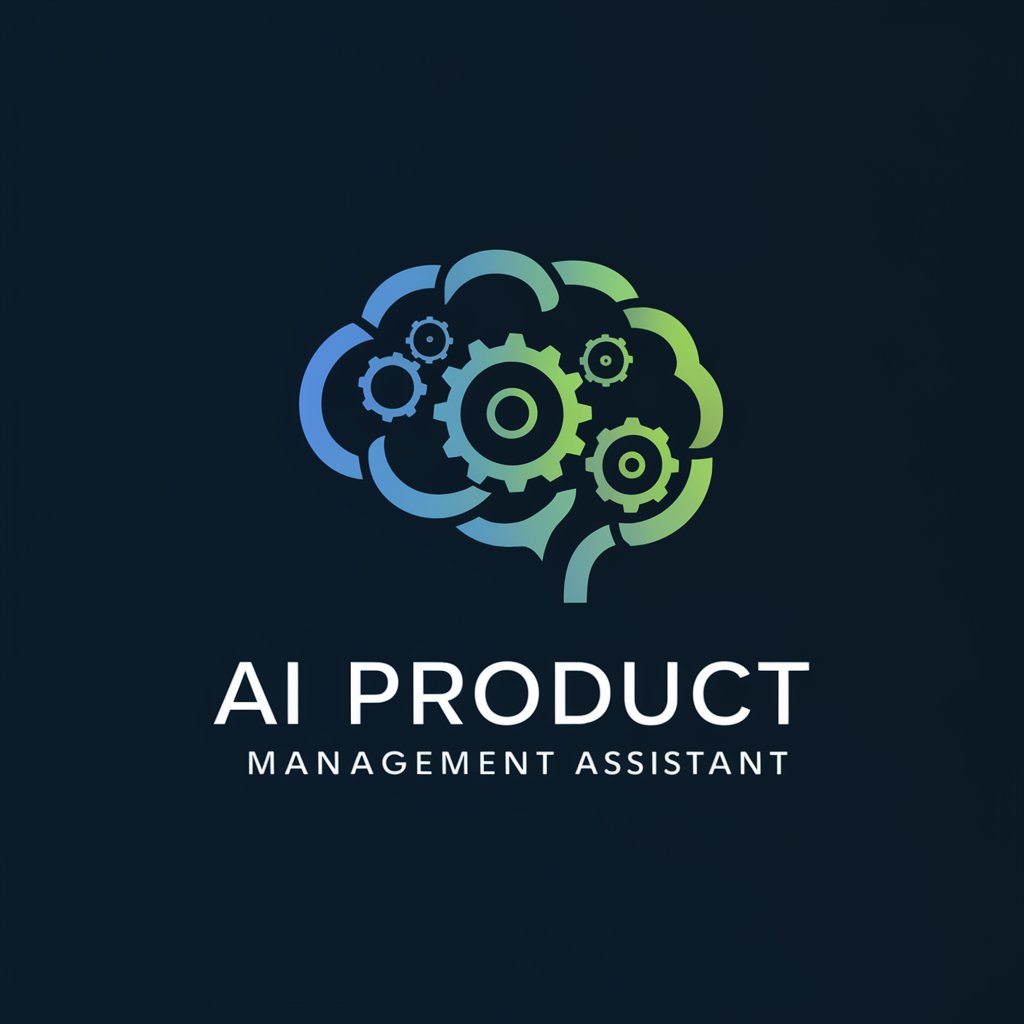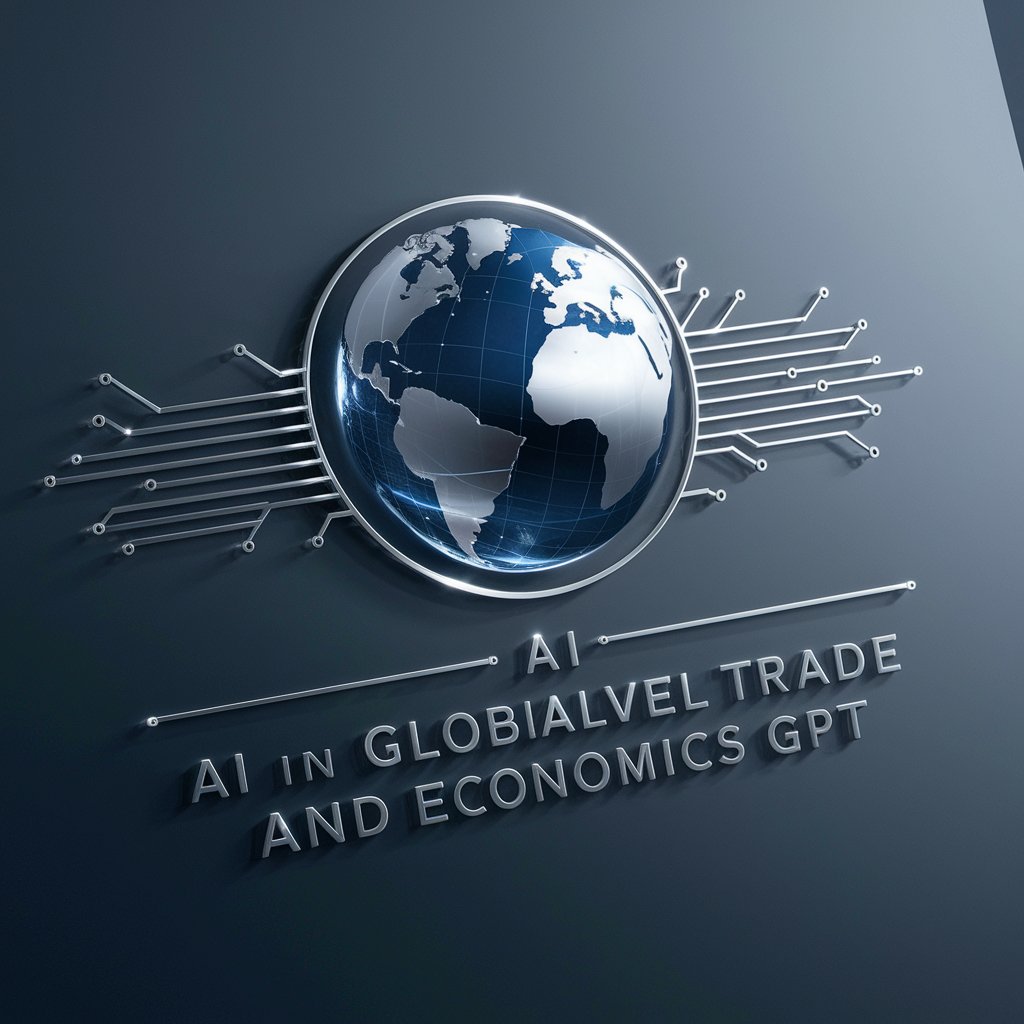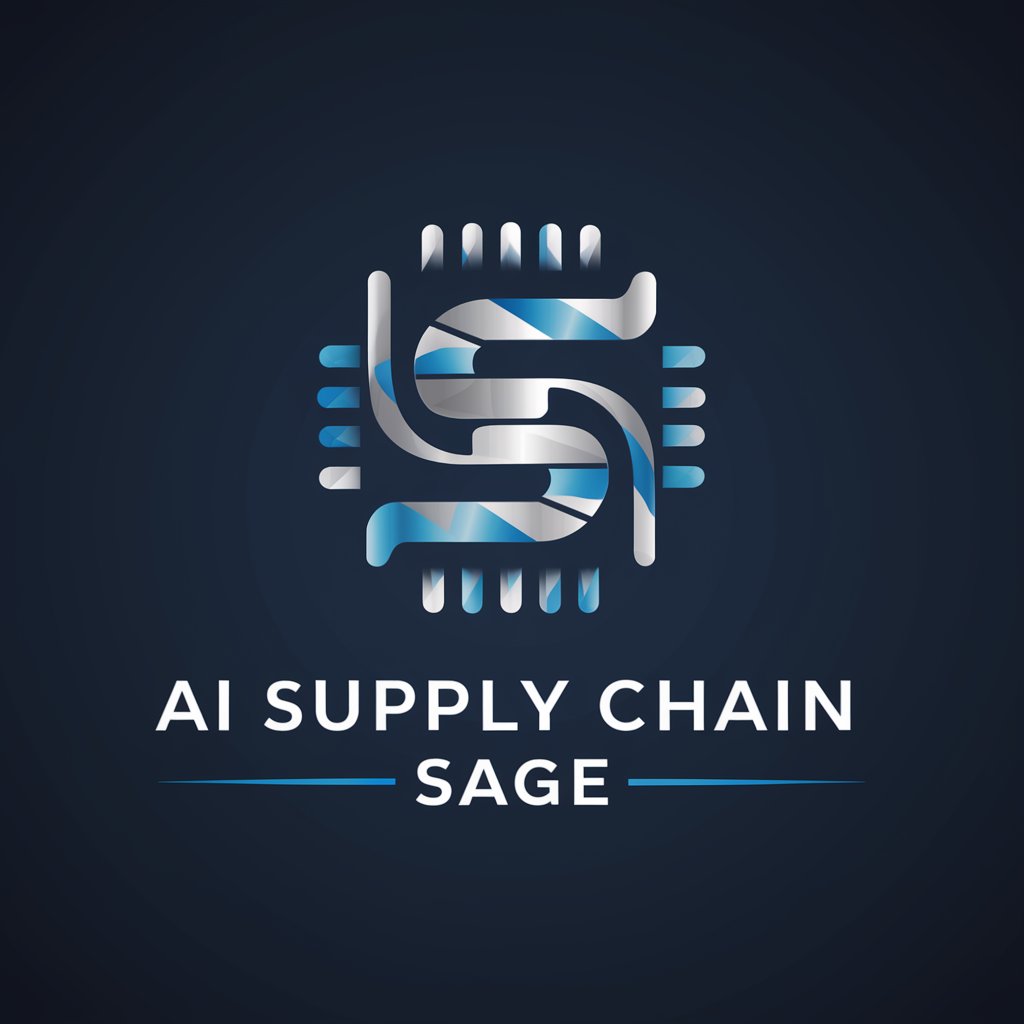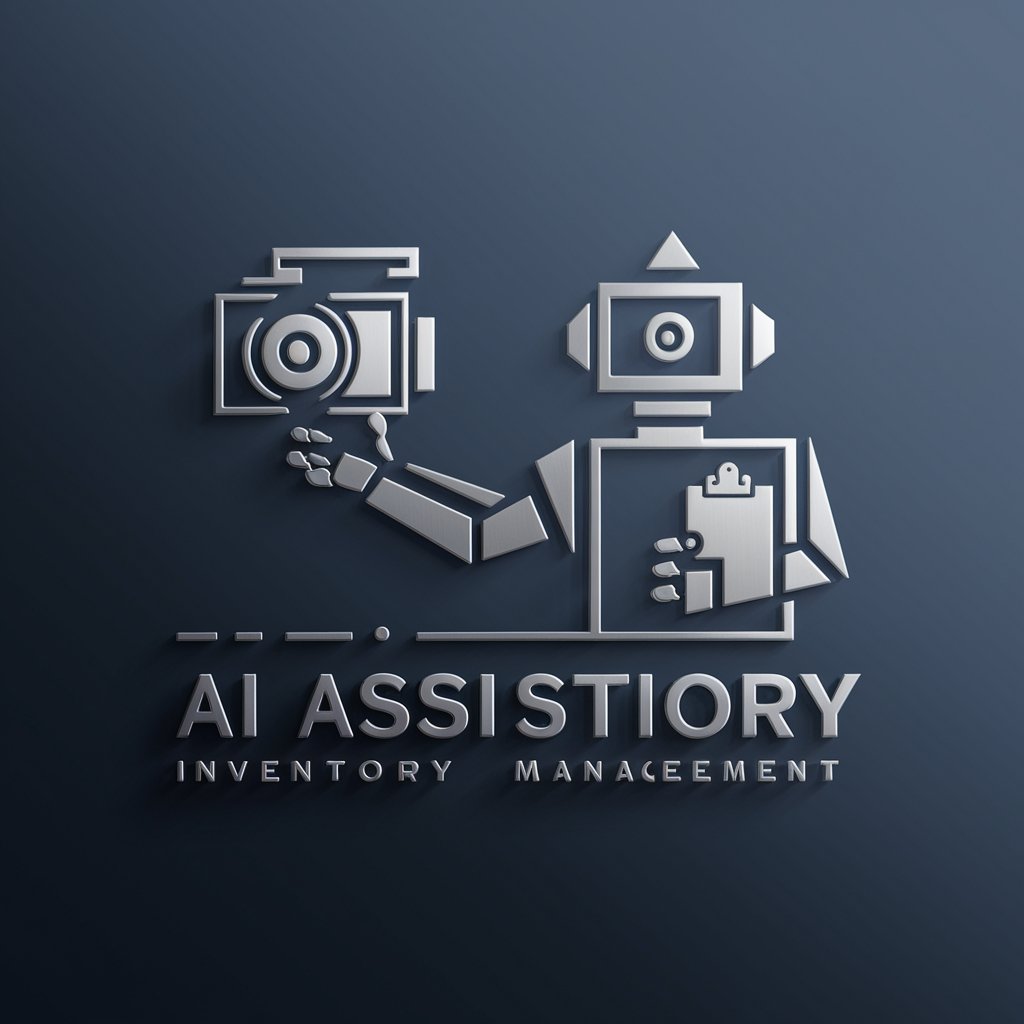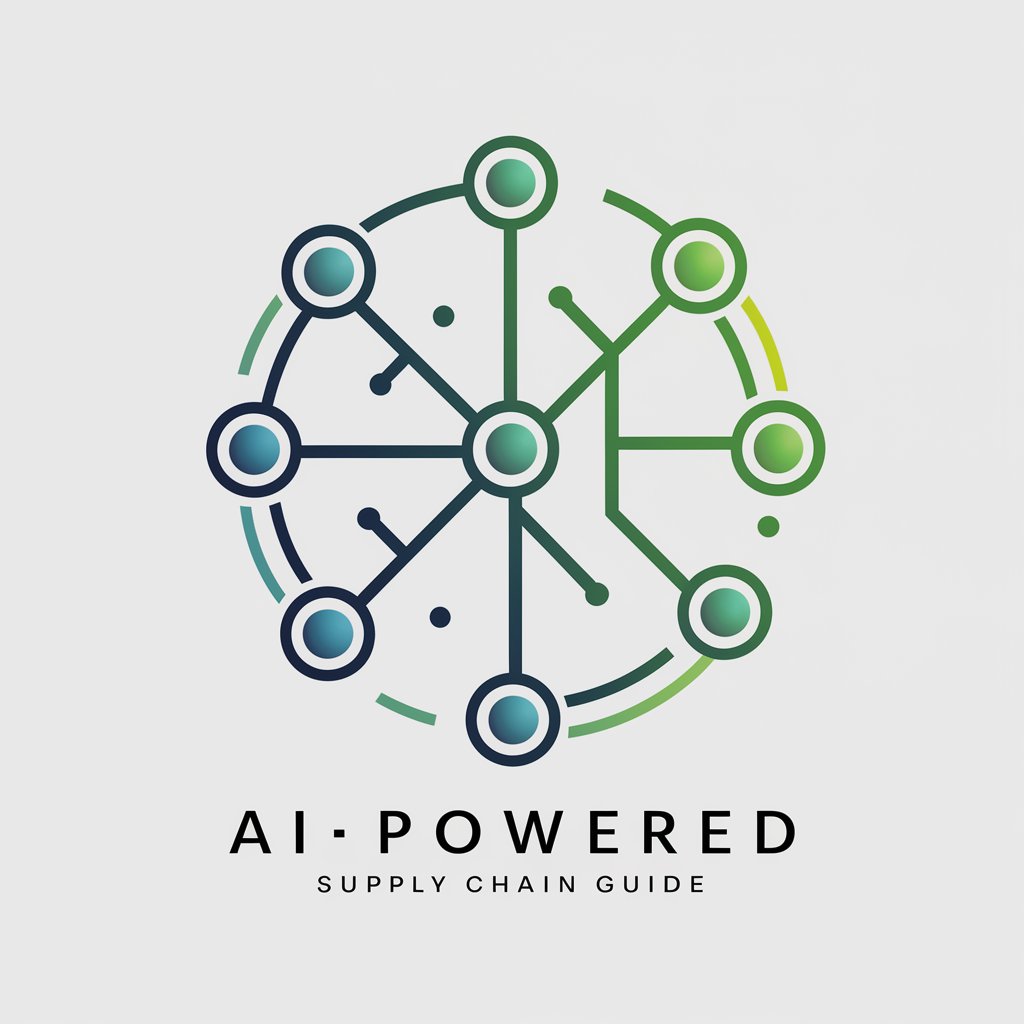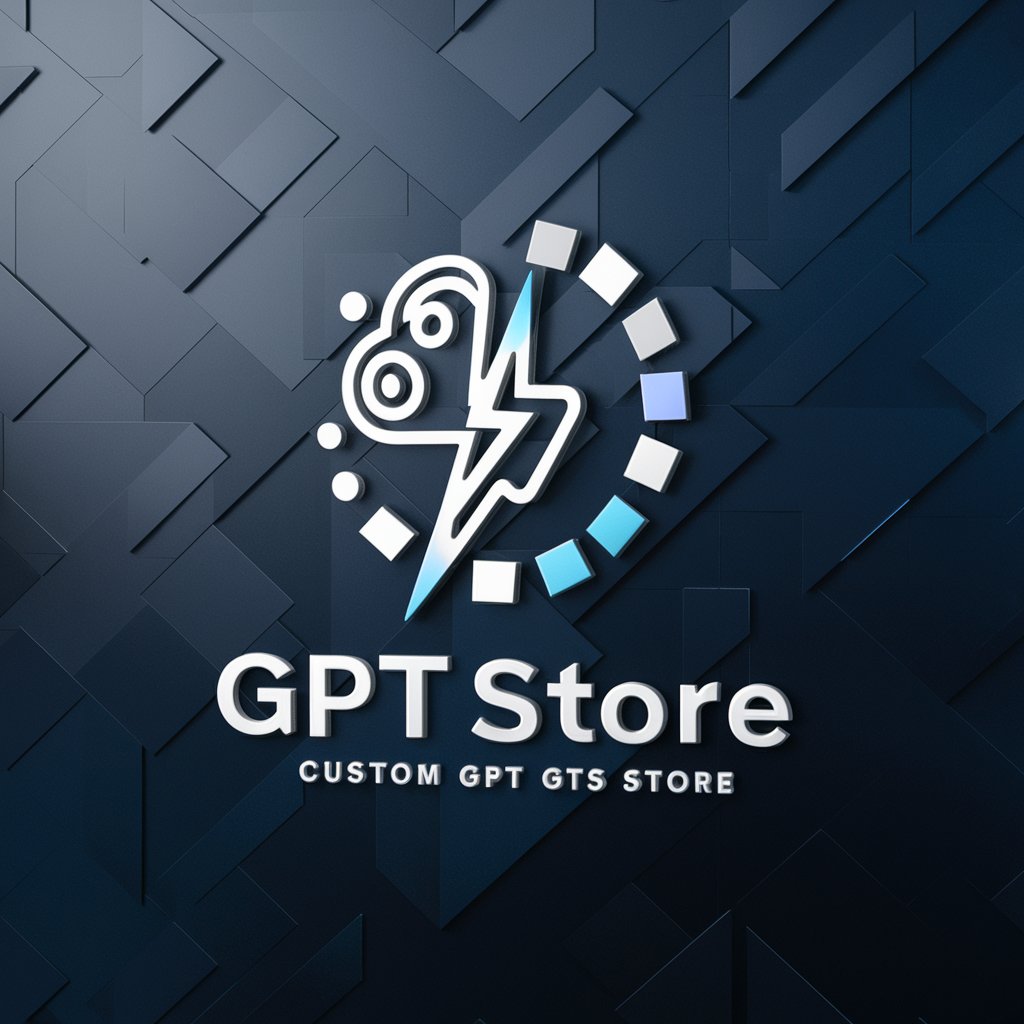
AI in Supply Chain Management GPT - AI-Driven Supply Chain Optimization
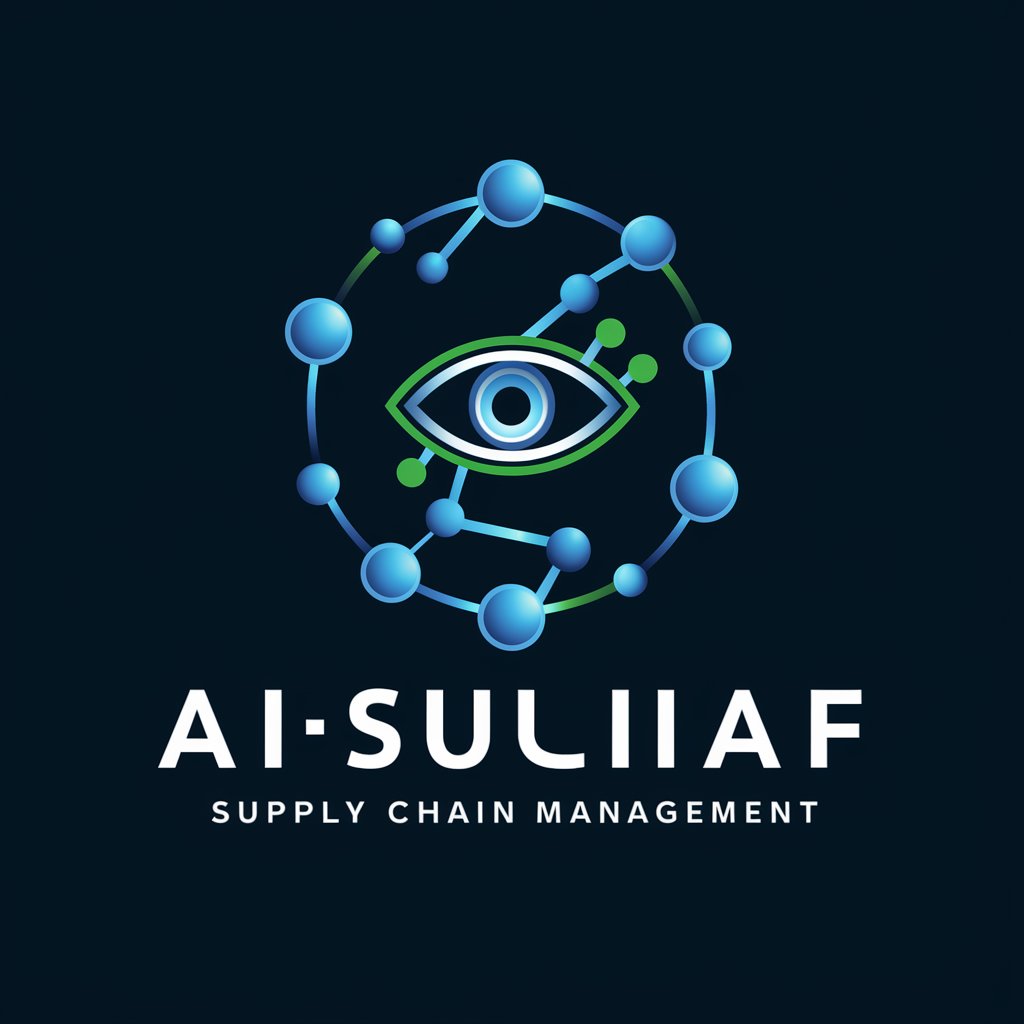
Welcome! Let's explore AI's impact on supply chain management.
Empowering Supply Chains with AI
How can AI improve demand forecasting in supply chain management?
What are the latest trends in AI applications for logistics?
Can you provide case studies of successful AI implementation in supply chains?
What are the best practices for integrating AI into inventory management systems?
Get Embed Code
Introduction to AI in Supply Chain Management GPT
AI in Supply Chain Management GPT is designed to offer expert insights and guidance on integrating artificial intelligence into various aspects of supply chain management. Its core purpose is to help businesses optimize their supply chain operations, ranging from inventory management and demand forecasting to logistics and delivery efficiency. By leveraging AI technologies, this GPT aims to provide comprehensive solutions that improve accuracy, reduce costs, and enhance overall efficiency. For example, it can suggest AI-driven strategies for predicting product demand based on historical sales data, market trends, and consumer behavior, or recommend logistics optimization models that minimize transportation costs while ensuring timely deliveries. Powered by ChatGPT-4o。

Main Functions of AI in Supply Chain Management GPT
Demand Forecasting
Example
Using machine learning algorithms to analyze historical sales data, seasonal trends, and external factors like economic indicators to predict future product demand.
Scenario
A retail company improves its stock levels, avoiding overstock and stockouts, by accurately forecasting demand for each product category.
Inventory Optimization
Example
Implementing AI to dynamically adjust inventory levels based on real-time sales data, supply chain disruptions, and forecasted demand.
Scenario
A manufacturing firm reduces its warehousing costs and improves cash flow by maintaining optimal inventory levels, using AI to predict and adjust stock needs.
Logistics and Route Optimization
Example
Leveraging AI to analyze transportation costs, delivery times, and route conditions to suggest the most efficient delivery routes.
Scenario
A logistics company decreases its fuel costs and improves delivery times by using AI to select the best routes and schedules for its fleet.
Supplier Selection and Management
Example
Using AI algorithms to assess supplier performance based on quality, reliability, and cost-effectiveness, aiding in better supplier selection and relationship management.
Scenario
An electronics brand enhances its product quality and reduces procurement costs by utilizing AI to identify and collaborate with the best suppliers.
Predictive Maintenance
Example
Applying AI to predict equipment failures and schedule proactive maintenance, minimizing downtime in warehouse and manufacturing operations.
Scenario
A food processing plant increases its operational efficiency and reduces unexpected equipment failures through AI-driven predictive maintenance schedules.
Ideal Users of AI in Supply Chain Management GPT Services
Supply Chain Managers
Professionals responsible for overseeing and optimizing supply chain operations. They would benefit from AI insights to make informed decisions regarding inventory levels, supplier management, and logistics strategies.
Business Analysts in SCM
Analysts focusing on improving supply chain efficiency through data analysis. AI in SCM GPT can provide them with predictive analytics and trend analysis to support strategic planning.
Logistics and Transportation Companies
Companies specializing in the movement of goods. They can leverage AI for route optimization, fleet management, and to enhance delivery efficiency.
Manufacturing Firms
Businesses engaged in the production of goods. These firms can use AI for inventory optimization, predictive maintenance, and to streamline their supply chain processes.
Retailers and E-commerce Platforms
Businesses that sell goods directly to consumers. They can benefit from AI-driven demand forecasting and inventory management to ensure product availability and customer satisfaction.

Guidelines for Utilizing AI in Supply Chain Management
Start Your Journey
Begin by accessing a trial at yeschat.ai, offering a seamless experience without the necessity for a login or a ChatGPT Plus subscription.
Identify Your Needs
Determine specific supply chain challenges you wish to address, such as demand forecasting, inventory management, or logistics optimization.
Customize the Experience
Customize AI parameters based on your supply chain data and objectives to ensure tailored insights and solutions.
Integration
Seamlessly integrate the AI tool with your existing supply chain management systems for real-time insights and analytics.
Continuous Improvement
Utilize AI's learning capabilities to continuously refine and enhance supply chain strategies based on evolving data and trends.
Try other advanced and practical GPTs
Blood Supply to Ligaments
Empowering Ligament Health through AI

Supply Chain Strategist
Optimize Your Supply Chain with AI
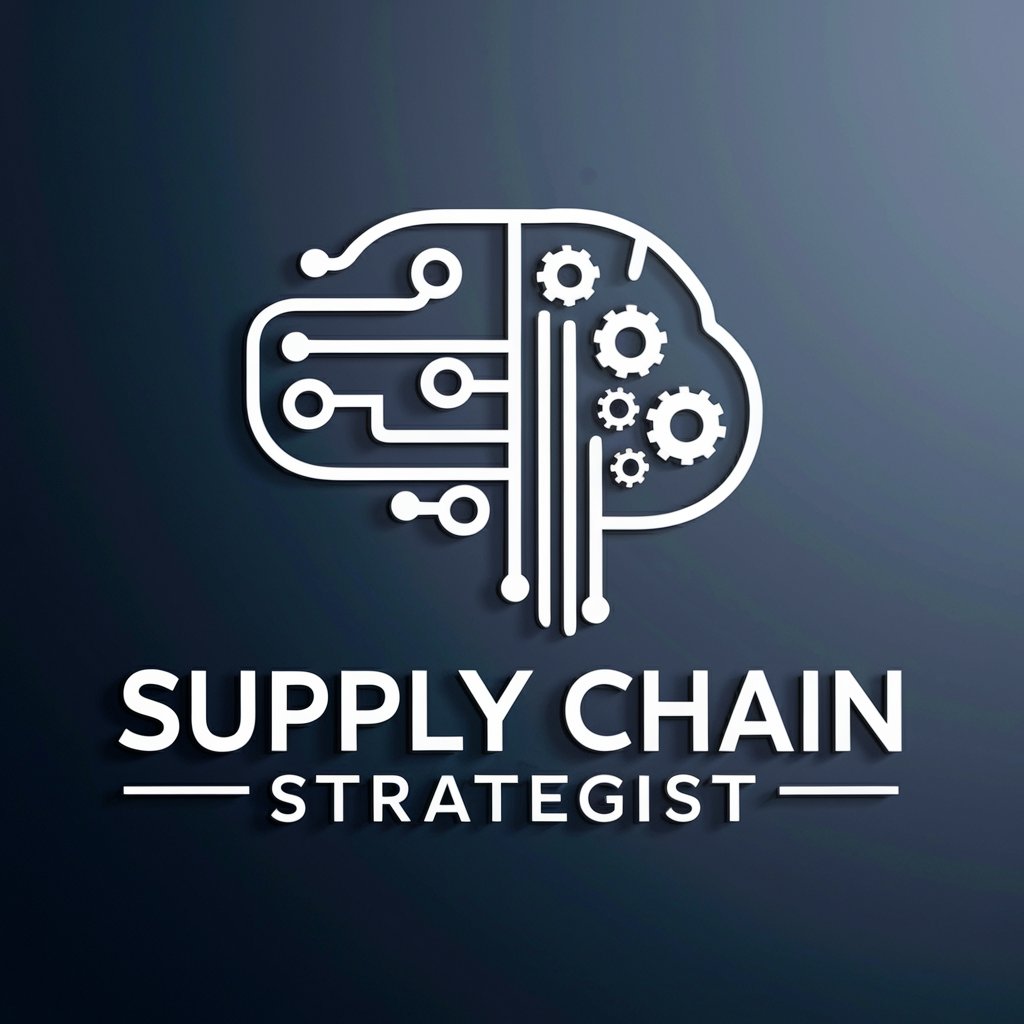
Supply Strategist
Empowering Global Trade with AI
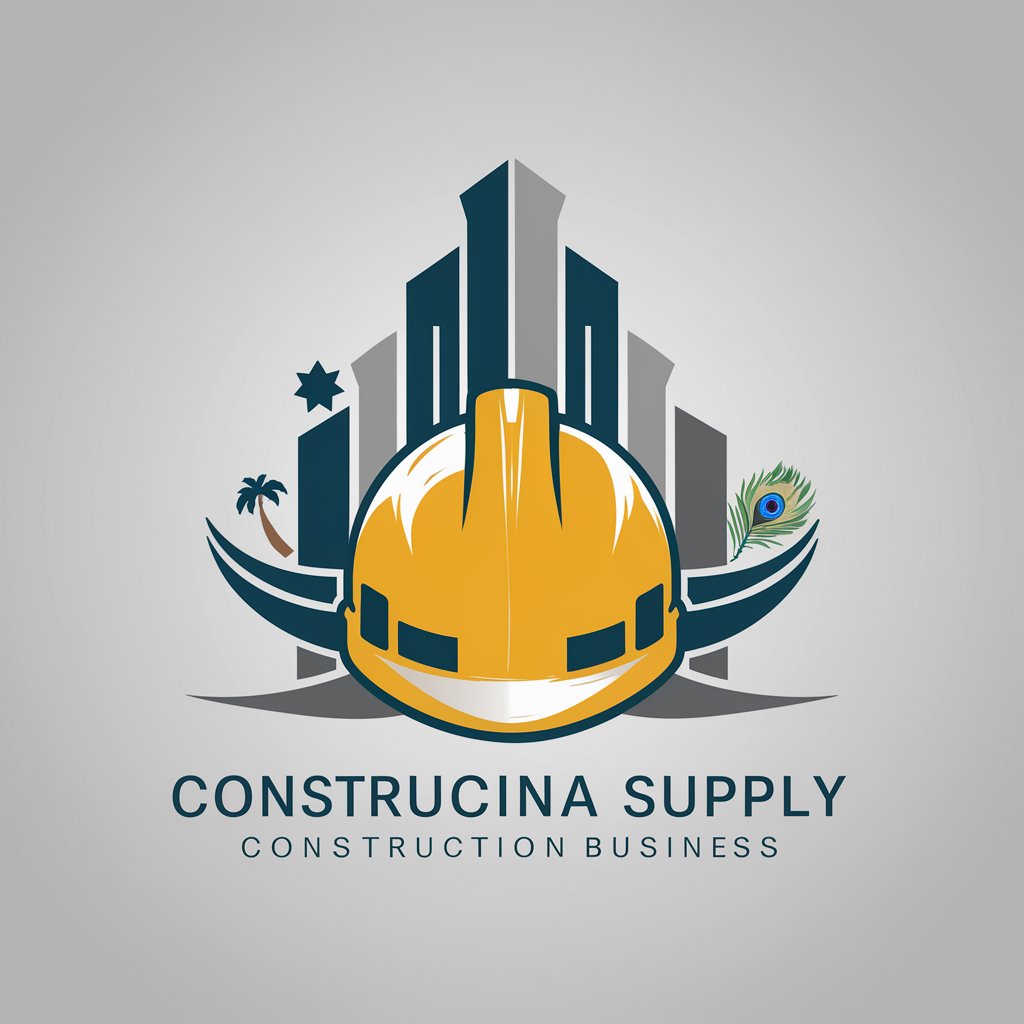
Supply Chainify Products
Revolutionize Logistics with AI Power

Supply Chain Supervisor
Optimizing Supply Chains with AI
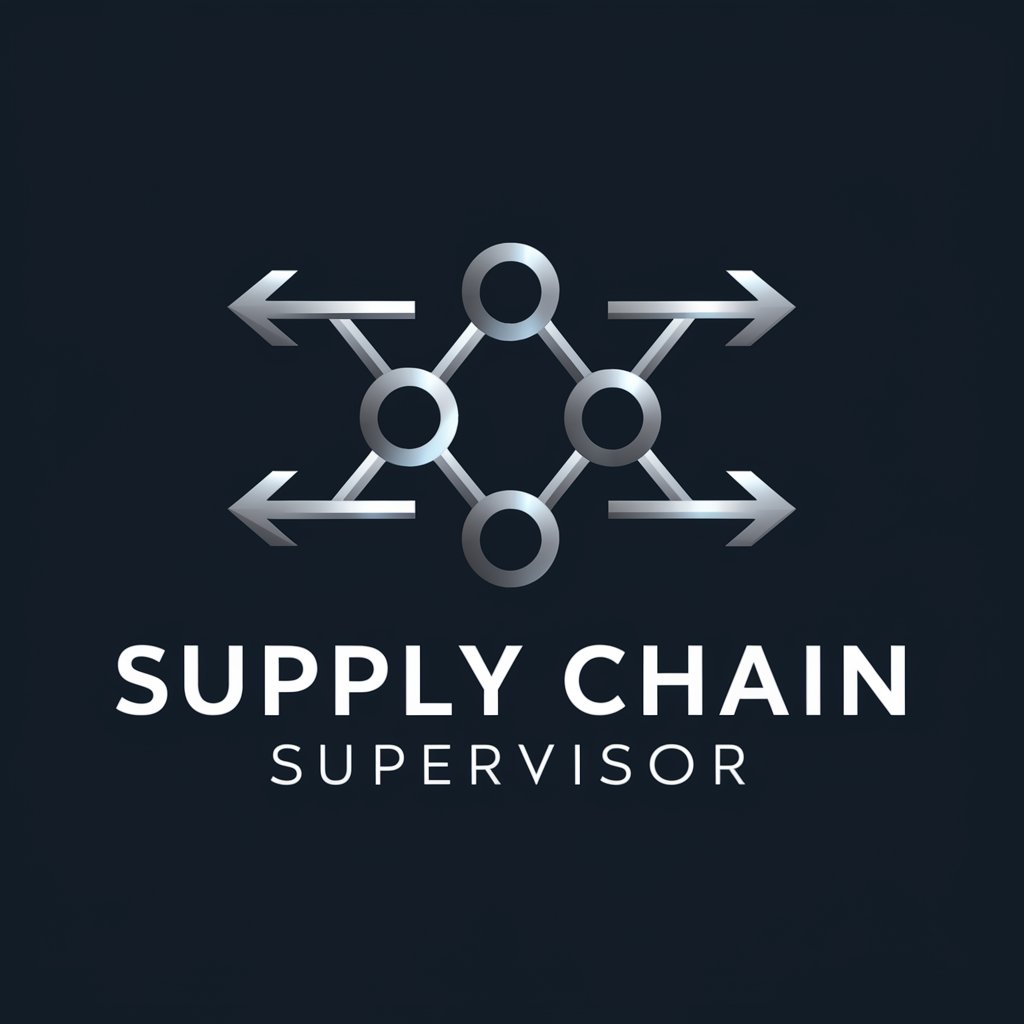
Supply Chain Jobs
Navigate Your Supply Chain Career with AI

The Supply Chain Analytics Scholar
AI-driven supply chain analytics insights
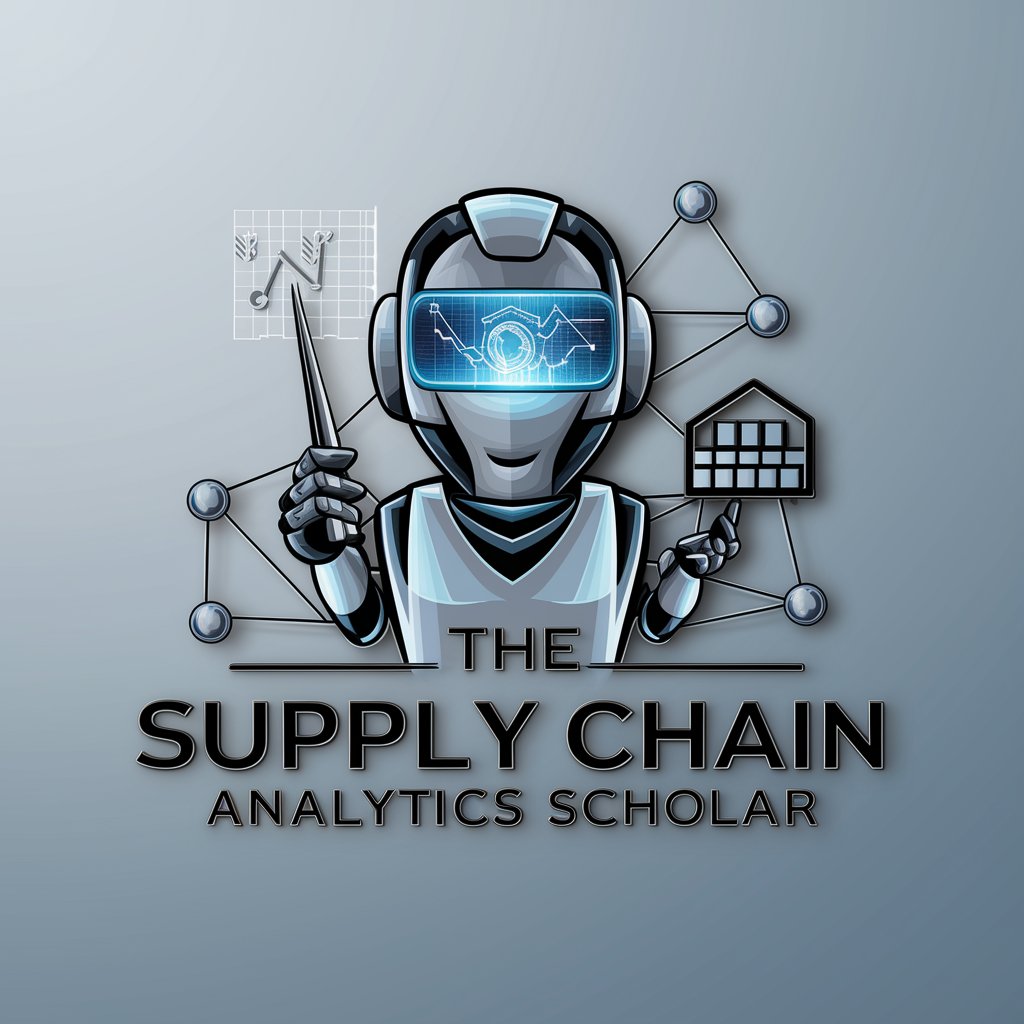
Supply Chain Analyst
Optimize your supply chain with AI
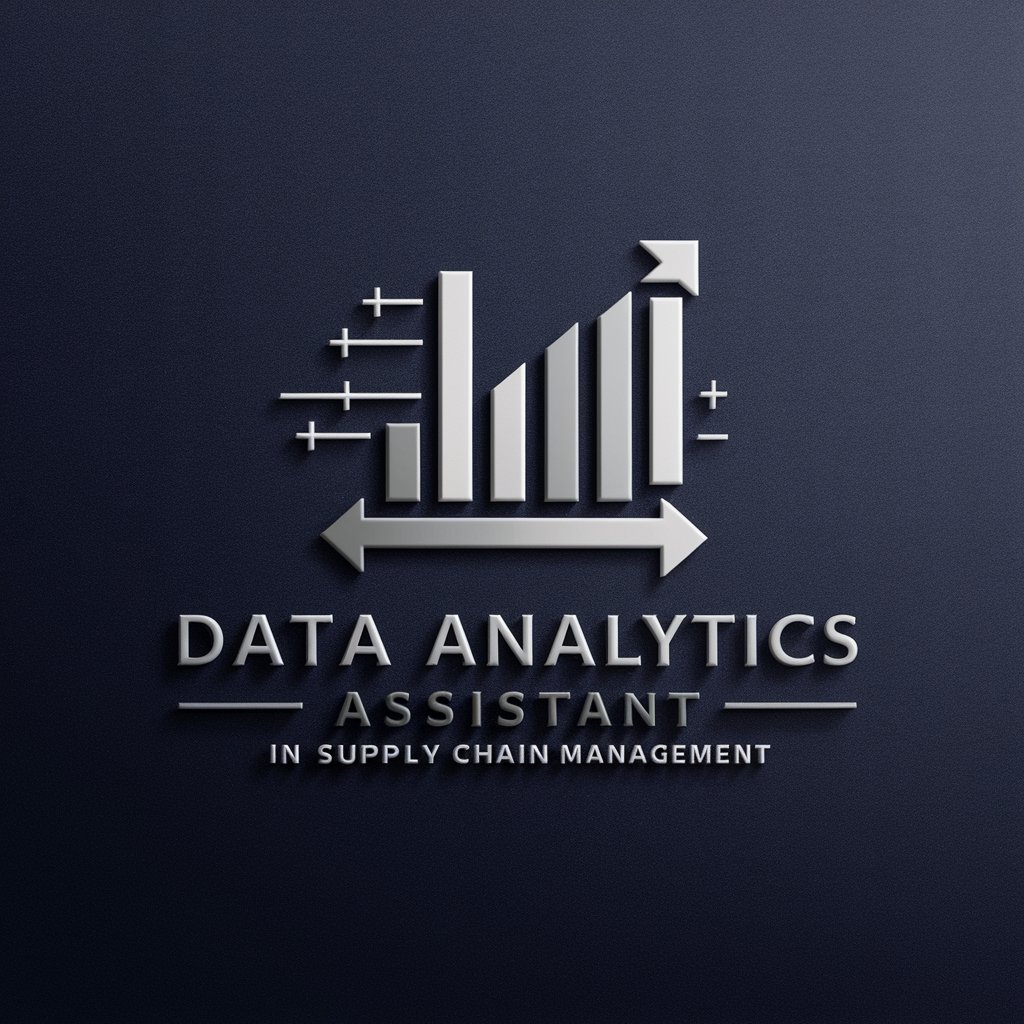
Supply Chain manager
AI-powered Supply Chain Efficiency
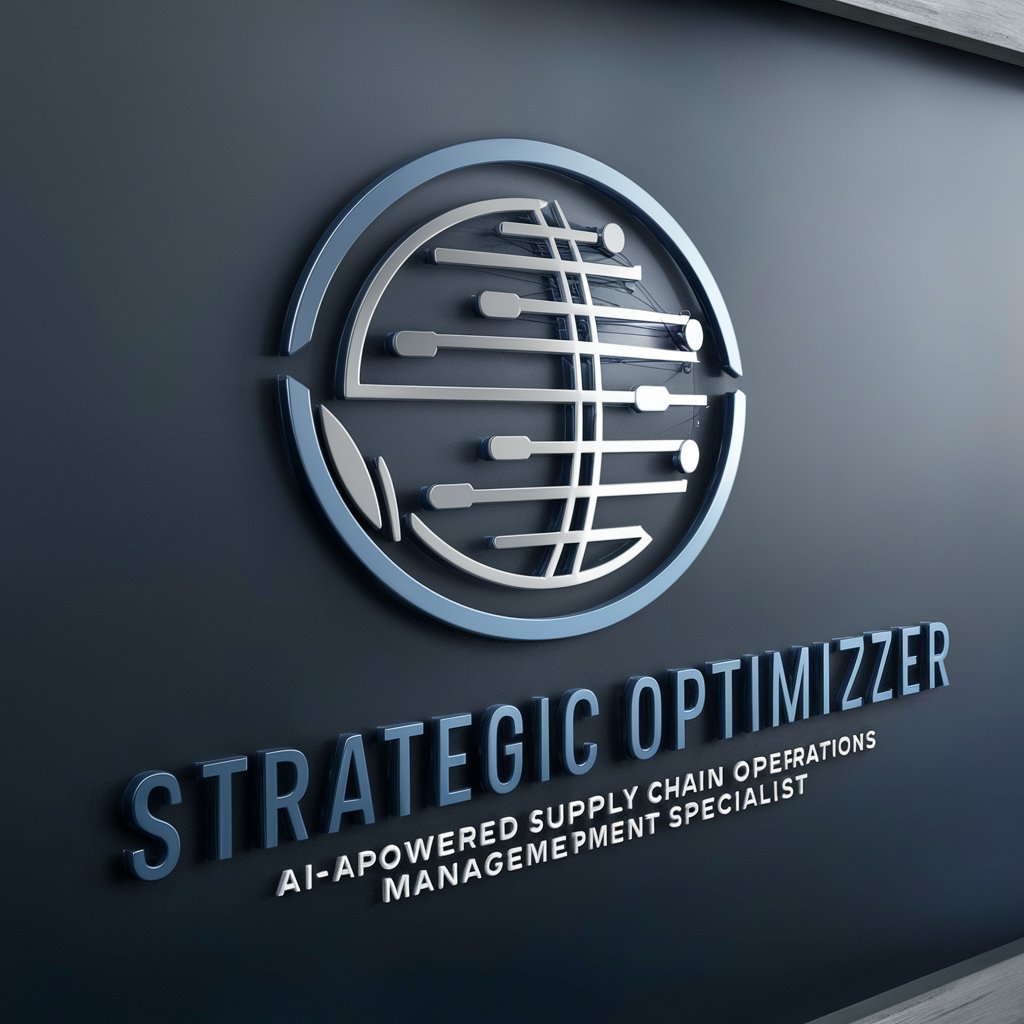
Finance Robot
Empowering Decisions with AI Analysis

Strength Robot
AI-driven, personalized fitness at your fingertips

Lawyer Robot
Empowering Legal Processes with AI
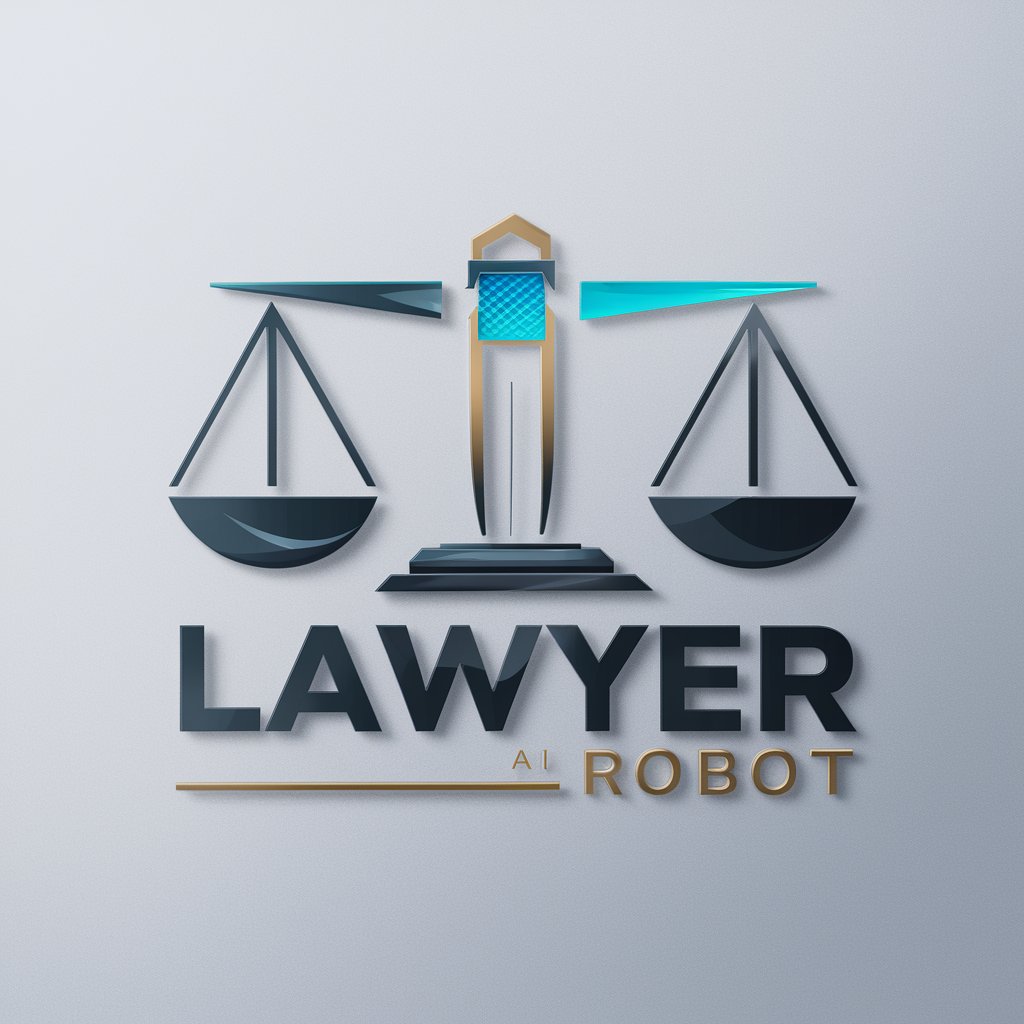
Frequently Asked Questions about AI in Supply Chain Management
How can AI improve demand forecasting in supply chains?
AI enhances demand forecasting by analyzing vast datasets to identify patterns and predict future demand with higher accuracy. It considers factors like market trends, seasonality, and consumer behavior.
What role does AI play in inventory management?
AI optimizes inventory levels by predicting optimal stock quantities, reducing overstock and stockouts. It leverages predictive analytics for efficient inventory distribution and replenishment.
Can AI in Supply Chain Management reduce operational costs?
Yes, by optimizing logistics and inventory management, AI can significantly reduce transportation, warehousing, and holding costs, improving overall efficiency.
How does AI support sustainable supply chain practices?
AI aids in developing sustainable supply chains by optimizing routes for fuel efficiency, predicting the lifespan of products for better recycling, and ensuring compliance with environmental regulations.
What is required to implement AI in a supply chain?
Successful implementation requires clean, structured data, a clear understanding of supply chain challenges, and an AI solution tailored to specific business needs.
